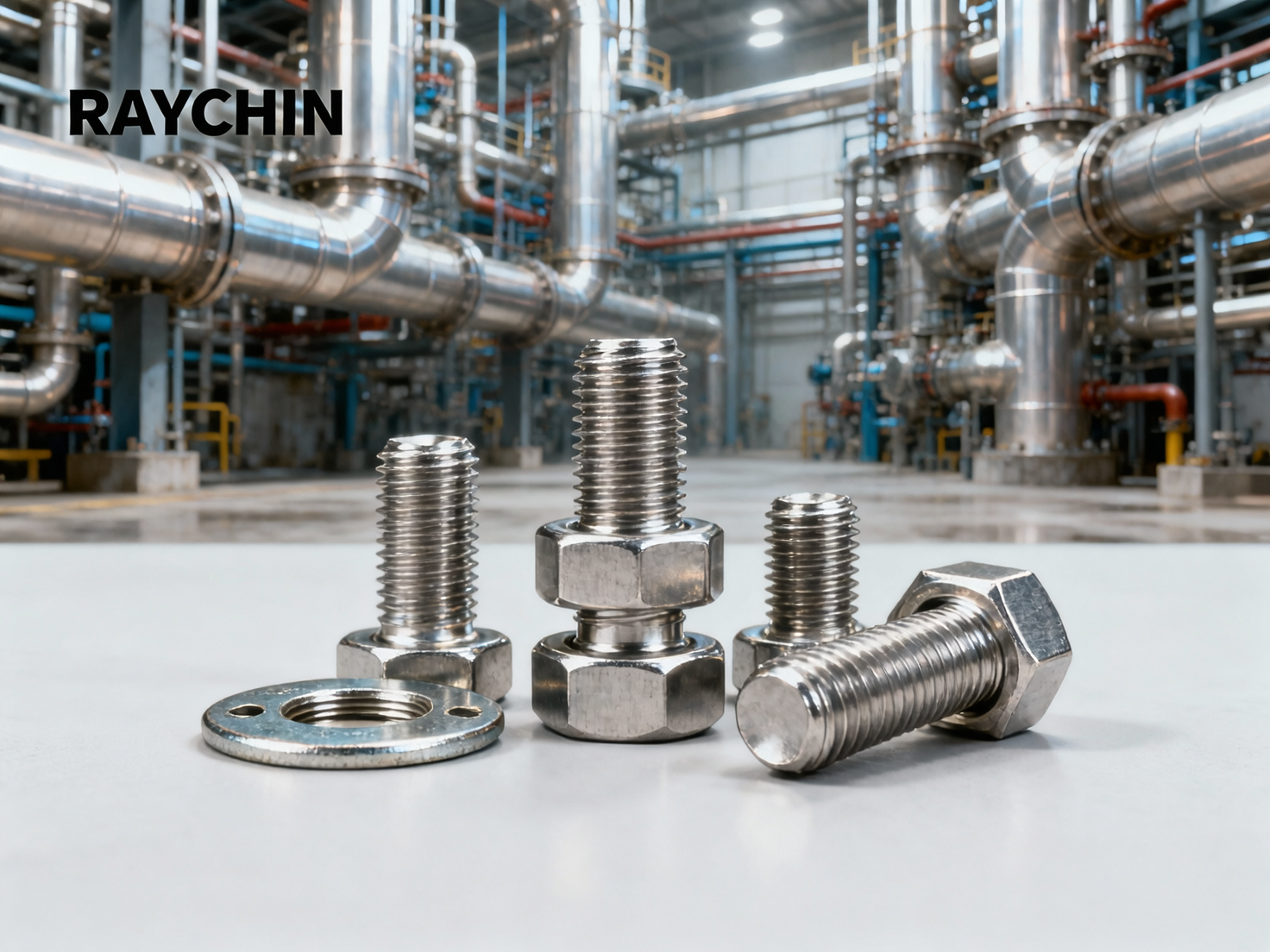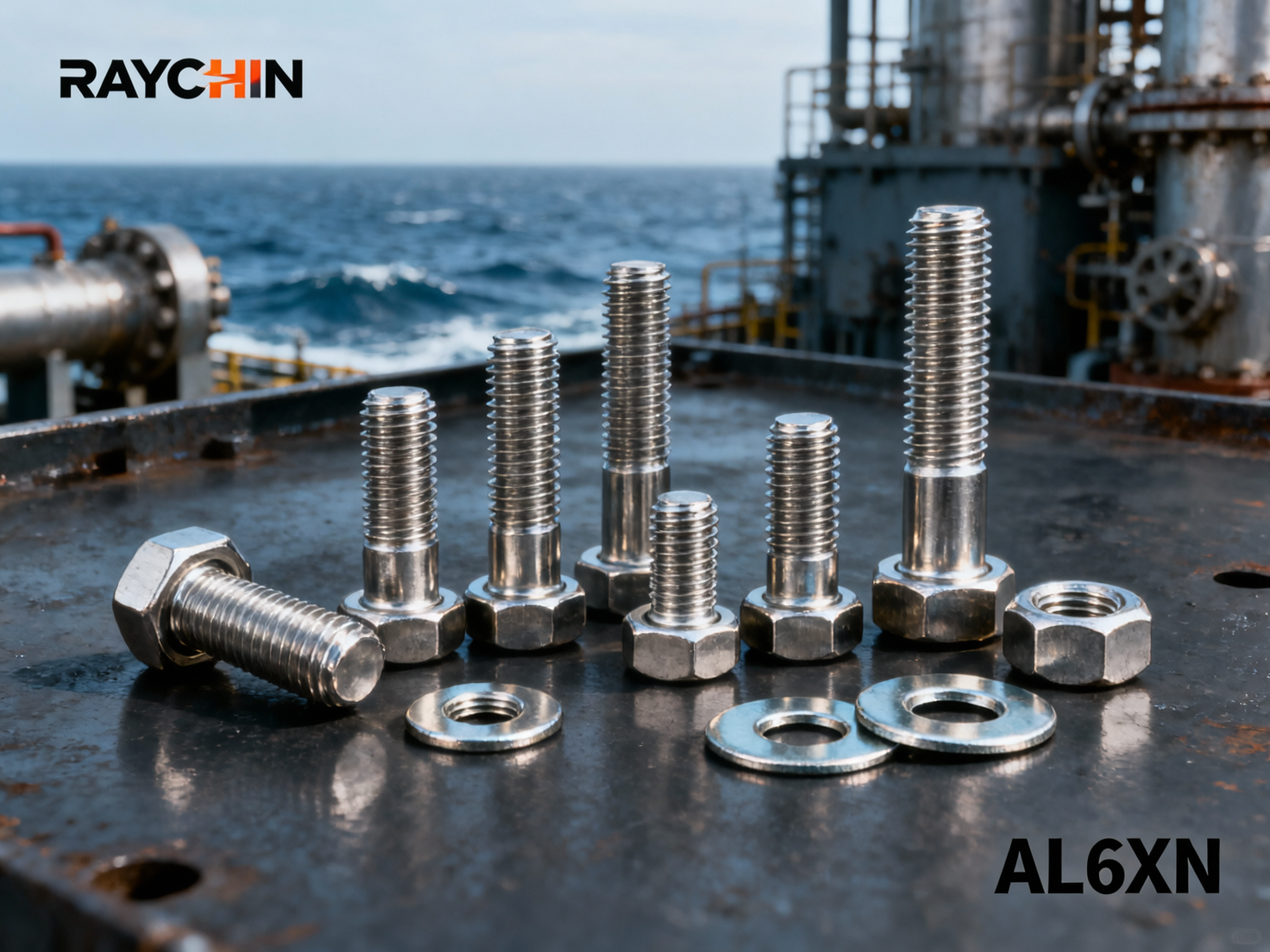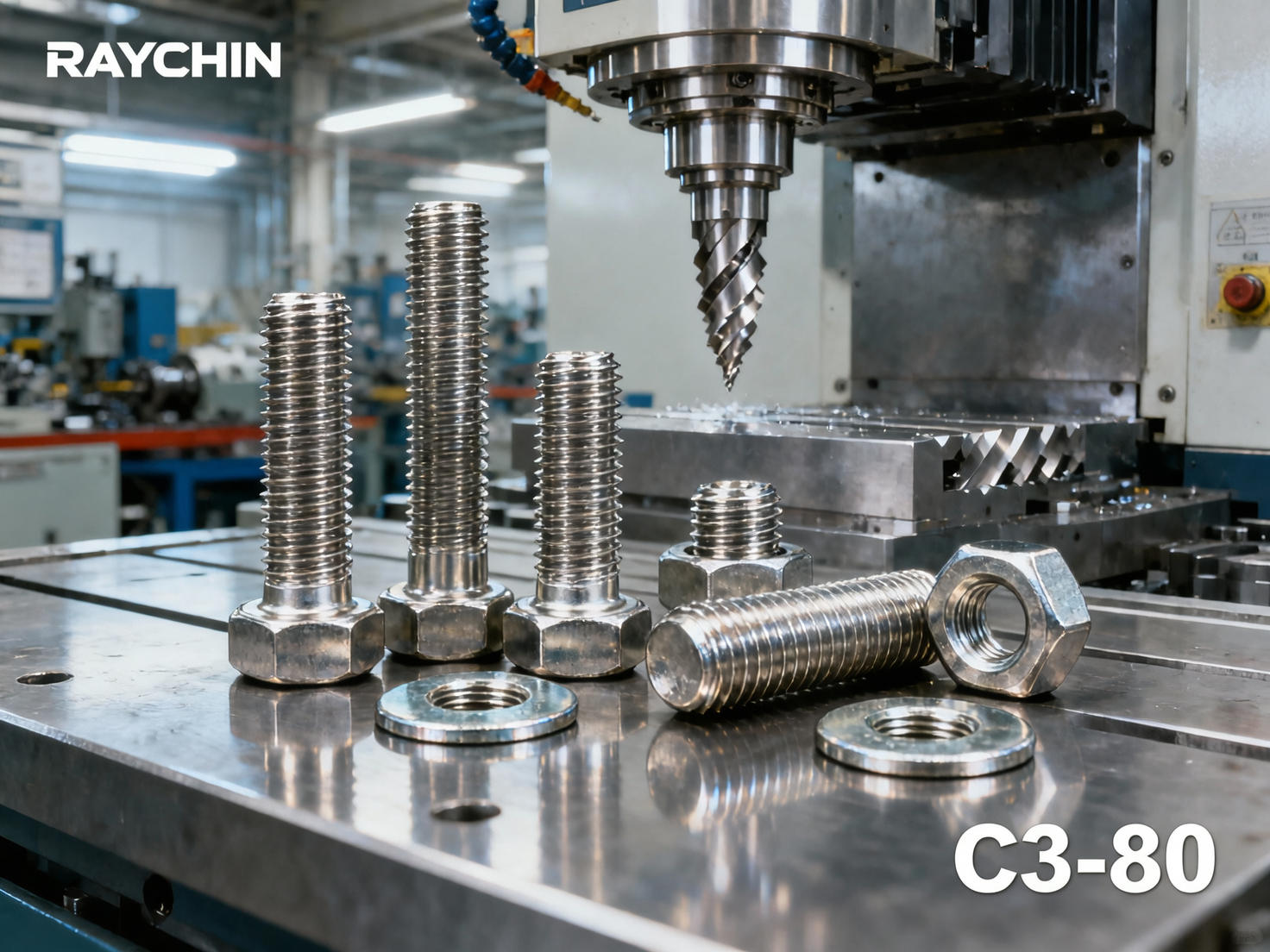Categories List
Recent Posts
![Duplex Stainless Steel Fasteners: The Guide to High-Strength Corrosion-Resistant Fastening Solutions Duplex Stainless Steel Fasteners: The Guide to High-Strength Corrosion-Resistant Fastening Solutions]() Duplex Stainless Steel Fasteners: The Guide to High-Strength Corrosion-Resistant Fastening Solutions
Duplex Stainless Steel Fasteners: The Guide to High-Strength Corrosion-Resistant Fastening Solutions![AL6XN Fasteners: The Guide to Super-Austenitic Stainless Steel Solutions for Severe Chloride Environments AL6XN Fasteners: The Guide to Super-Austenitic Stainless Steel Solutions for Severe Chloride Environments]() AL6XN Fasteners: The Guide to Super-Austenitic Stainless Steel Solutions for Severe Chloride Environments
AL6XN Fasteners: The Guide to Super-Austenitic Stainless Steel Solutions for Severe Chloride Environments![C3-80 Fasteners: The Complete Guide to Martensitic Stainless Steel Solutions for General Corrosion Resistance C3-80 Fasteners: The Complete Guide to Martensitic Stainless Steel Solutions for General Corrosion Resistance]() C3-80 Fasteners: The Complete Guide to Martensitic Stainless Steel Solutions for General Corrosion Resistance
C3-80 Fasteners: The Complete Guide to Martensitic Stainless Steel Solutions for General Corrosion Resistance
As a benchmark material for nickel-based high-temperature alloys, Inconel 718 (UNS N07718/GH4169) has become a core connector under extreme working conditions due to its **ultra-high strength, high temperature resistance (-253℃ to 700℃), creep resistance and excellent corrosion resistance**. The following sub-fields detail its specific applications and technical basis:
Aerospace: Core connection of high temperature and dynamic load
1. **Jet engine**
- **Turbine disk bolts**: Connect high-temperature alloy turbine disks and blades, maintain a yield strength of ≥965 MPa at 650℃, and prevent creep deformation under high-speed rotation (accounting for more than 70% of aviation fasteners).
- **Combustion chamber sealing bolts**: withstand 1000℃ gas erosion, and form a Cr₂O₃ oxide film on the surface to resist carburization/sulfidation corrosion (such as the F-35 single engine usage exceeds 1 ton).
- **Rocket engine**: SpaceX Raptor engine combustion chamber thin-wall connector, withstand the extreme thermal cycle and high-pressure oxygen-rich environment of liquid oxygen/kerosene combustion.
2. **Spacecraft structural parts**
- Satellite propulsion system bracket bolts, maintain dimensional stability in space radiation and alternating temperatures of -253℃~150℃.
Energy and Nuclear Power: Long-life guarantee for safety critical equipment
1. **Nuclear reactor**
- **Pressure vessel sealing ring bolts**: Pass ASME Code Case 2702 certification, ensure 40 years of zero leakage (such as the "Hualong One" reactor type), resist radiation swelling and high-temperature pure water corrosion.
- **Fuel rod clamp screws**: Fix nuclear fuel assemblies in strong radiation fields to avoid stress corrosion cracking (SCC).
2. **Fossil energy and new energy**
- **Deep-sea drilling platform**: 5000m seabed Christmas tree bolts, resistant to H₂S stress corrosion and high chloride ion environment (North Sea oil field case: 12 years without failure).
- **Hydrogen energy equipment**: Fuel cell bipolar plate connection bolts, 30% higher resistance to hydrogen embrittlement than titanium alloy.
Chemical and marine engineering: The ultimate solution for highly corrosive environments
1. **Highly corrosive medium equipment**
- **Acid reactor flange bolts**: The corrosion rate in 98% concentrated sulfuric acid is <0.1 mm/year, and it can withstand mixed media of hydrofluoric acid and acetic acid.
- **Flue gas desulfurization (FGD) system**: The absorption tower bolts resist SO₂ wet corrosion, and the service life is 3 times that of 316L stainless steel.
2. **Offshore platforms and ships**
- Desalination evaporator bolts, resistant to high-concentration brine pitting; submarine pressure hull fasteners, resistant to deep-sea high pressure and salt spray.
High-end industry and special fields
1. **Semiconductor manufacturing**
- Precision positioning bolts for wafer lithography machines, low thermal expansion coefficient (13.0 μm/m·℃), ensuring nanometer-level positioning accuracy.
2. **Ultra-low temperature and medical**
- LNG tank bolts (-196℃ working conditions) maintain toughness; surgical implant screws, biocompatibility certification (ASTM F2066).
3. **Automotive high-performance components**
- F1 racing turbocharger bolts, resistant to 800℃ exhaust gas and thermal fatigue cycles.
Core precautions for use and installation
1. **Torque control**:
- Room temperature installation: M10 bolt torque 35-45 N·m (GB/T 3098.6); 650℃ high temperature requires 20% load reduction (elastic modulus reduced to 180 GPa).
2. **Anti-seizure treatment**:
- The threads must be coated with molybdenum disulfide (MoS₂) or nickel-based grease to avoid cold welding between high-temperature alloys.
3. **Processing requirements**:
- Use coated carbide tools for low-speed cutting (<30 m/min) to prevent tool cracking caused by work hardening.
Conclusion:
Inconel 718 fasteners are the first choice for **extreme temperatures (-253~700℃), strong corrosion (acid/halogen/H₂S), and high-stress scenarios**. The selection must strictly match the working conditions:
- **>550℃ high temperature**: 718 is preferred over 625 (high temperature strength is 10-15% lower);
- **Cl⁻-containing environment**: Salt spray test report needs to be verified (5% NaCl 1000 hours without corrosion).
Its irreplaceable nature in aerospace, nuclear power, and deep-sea energy.
Request A Quote! We'll respond as soon as possible(within 12 hours)
Get a Quote



